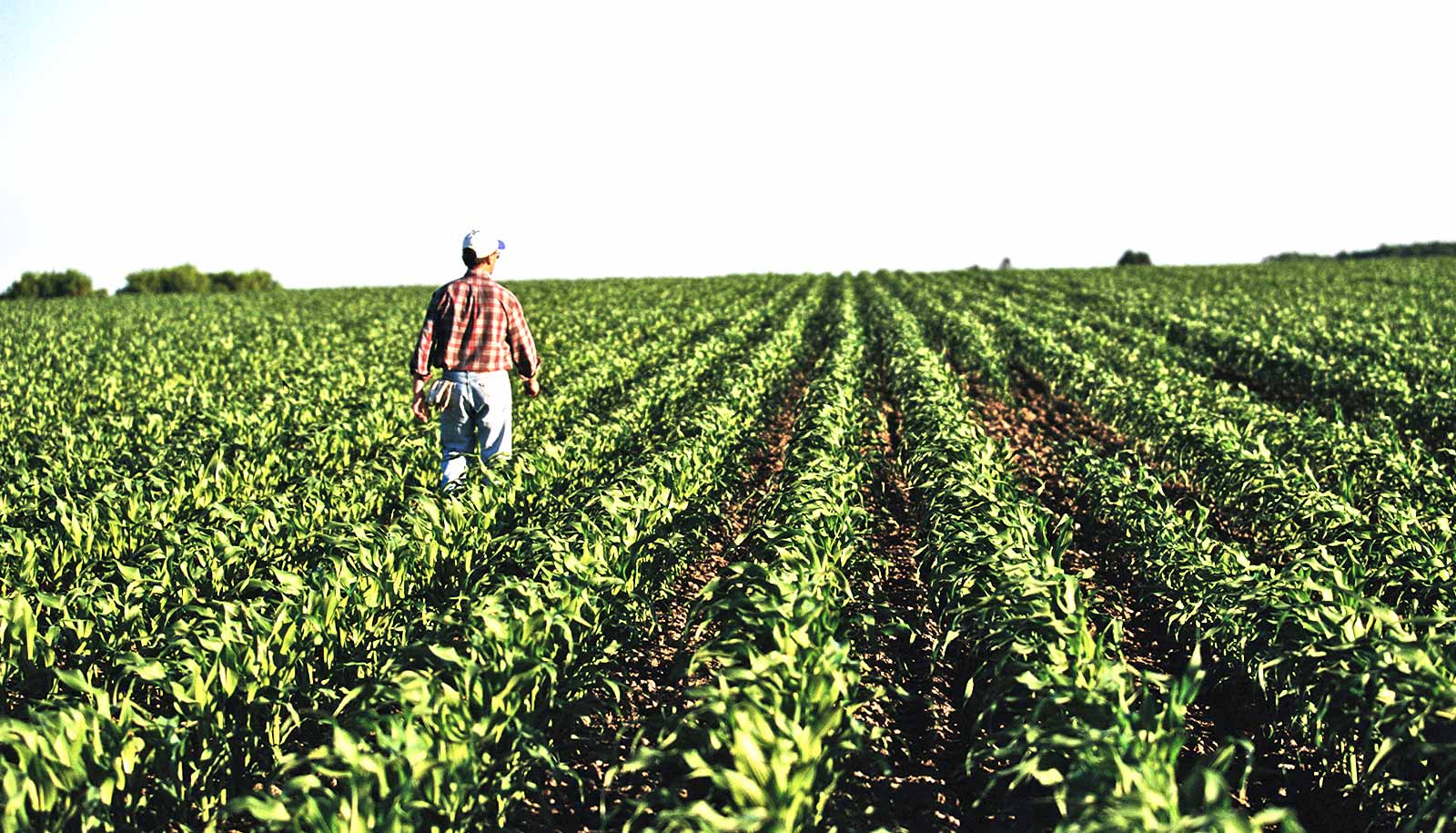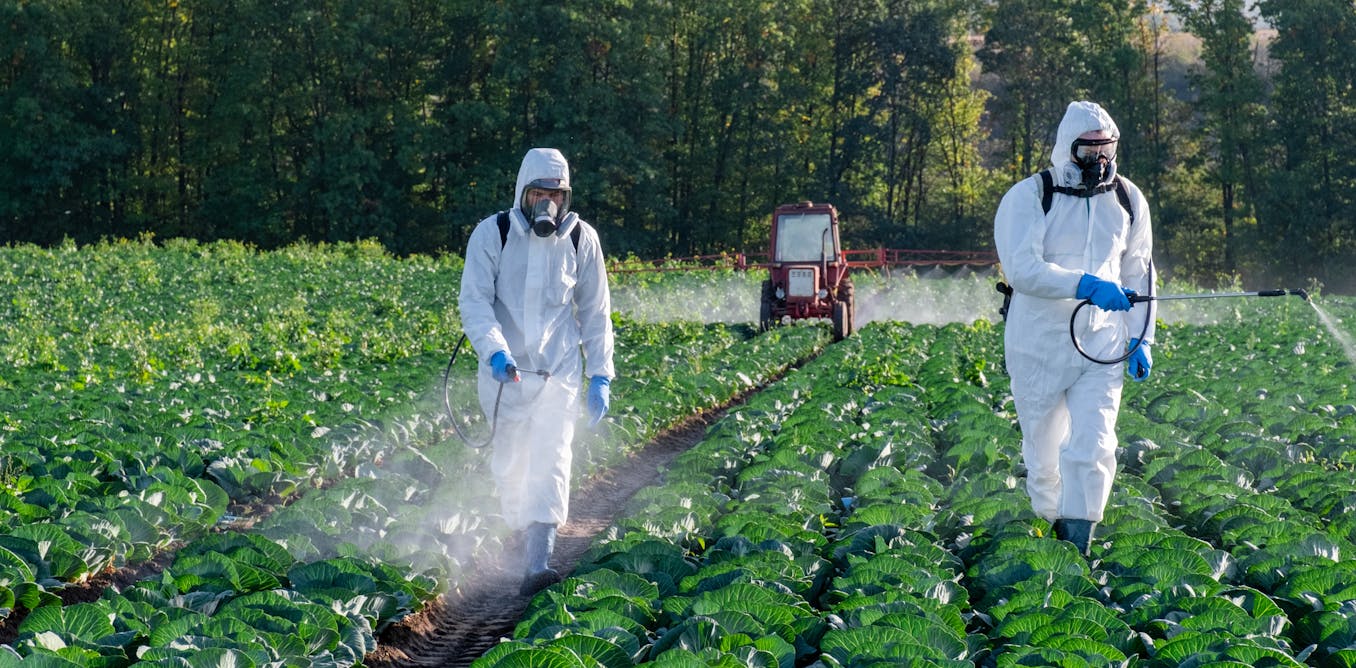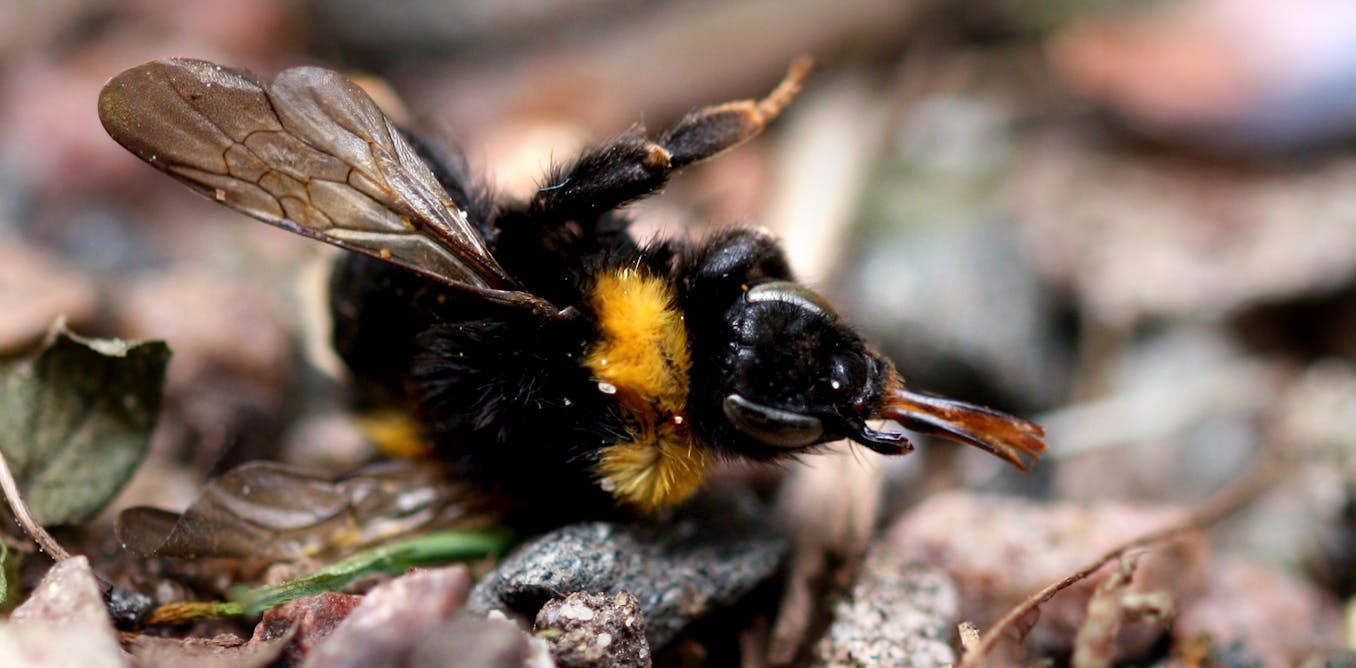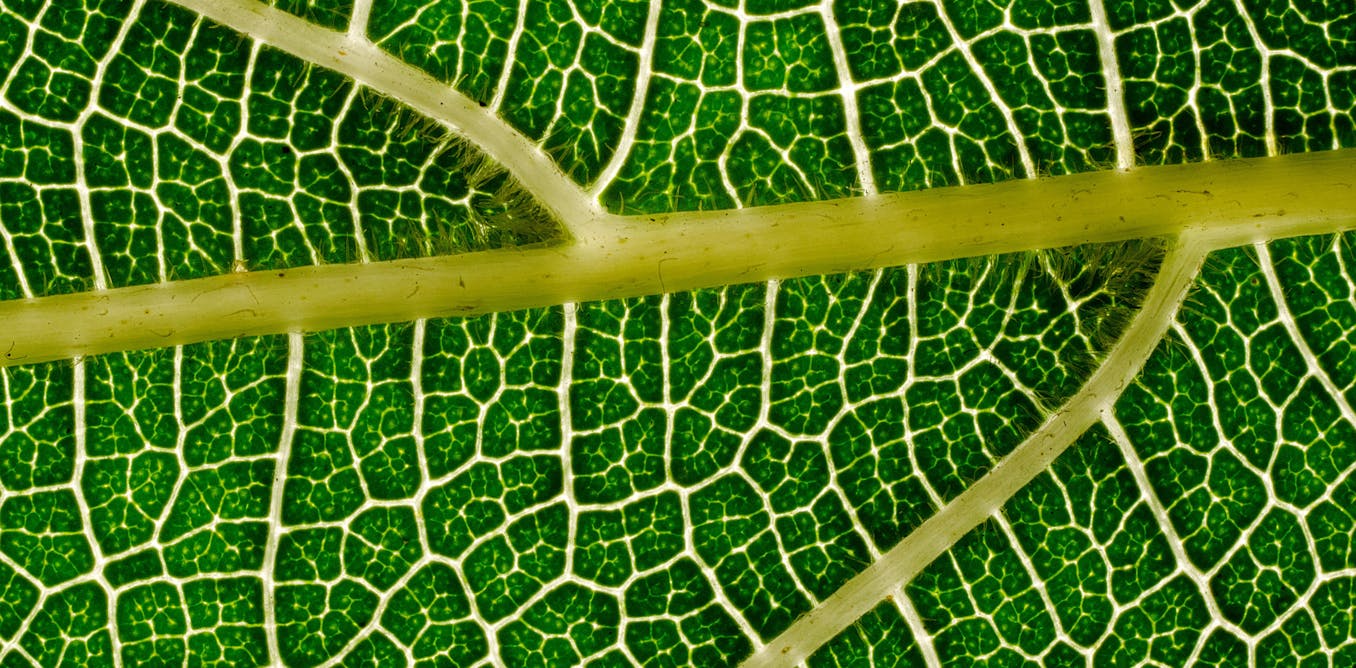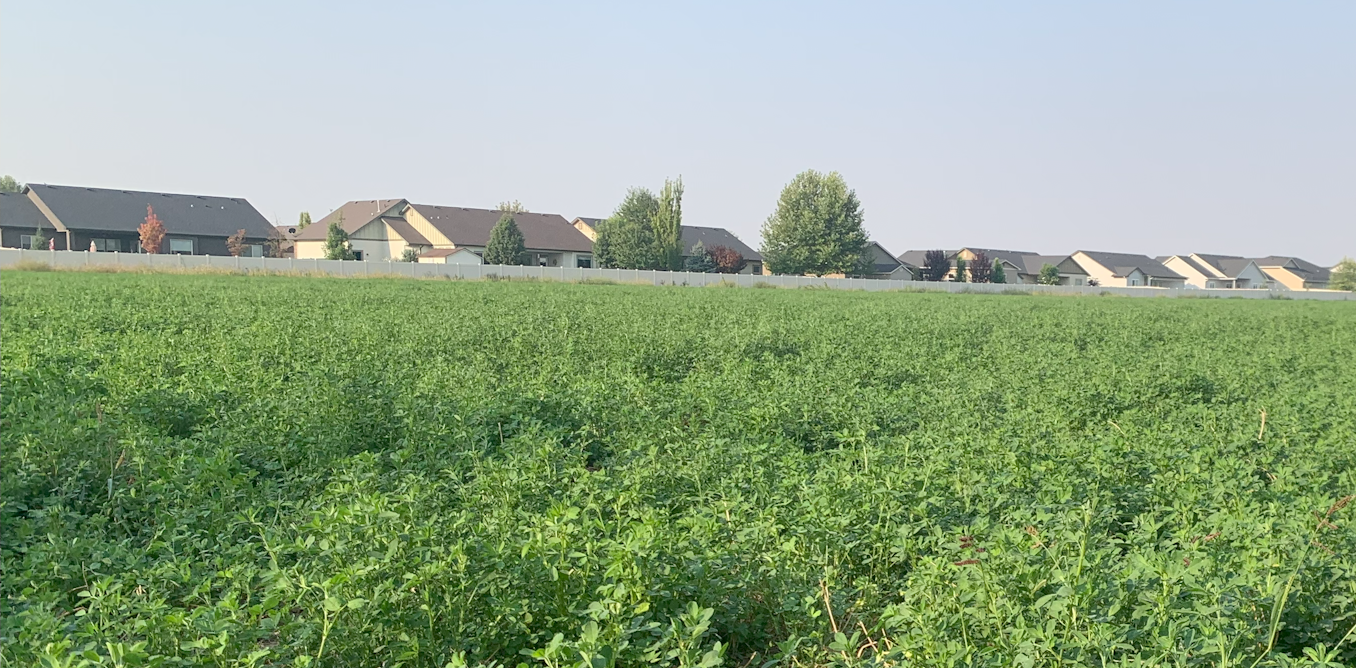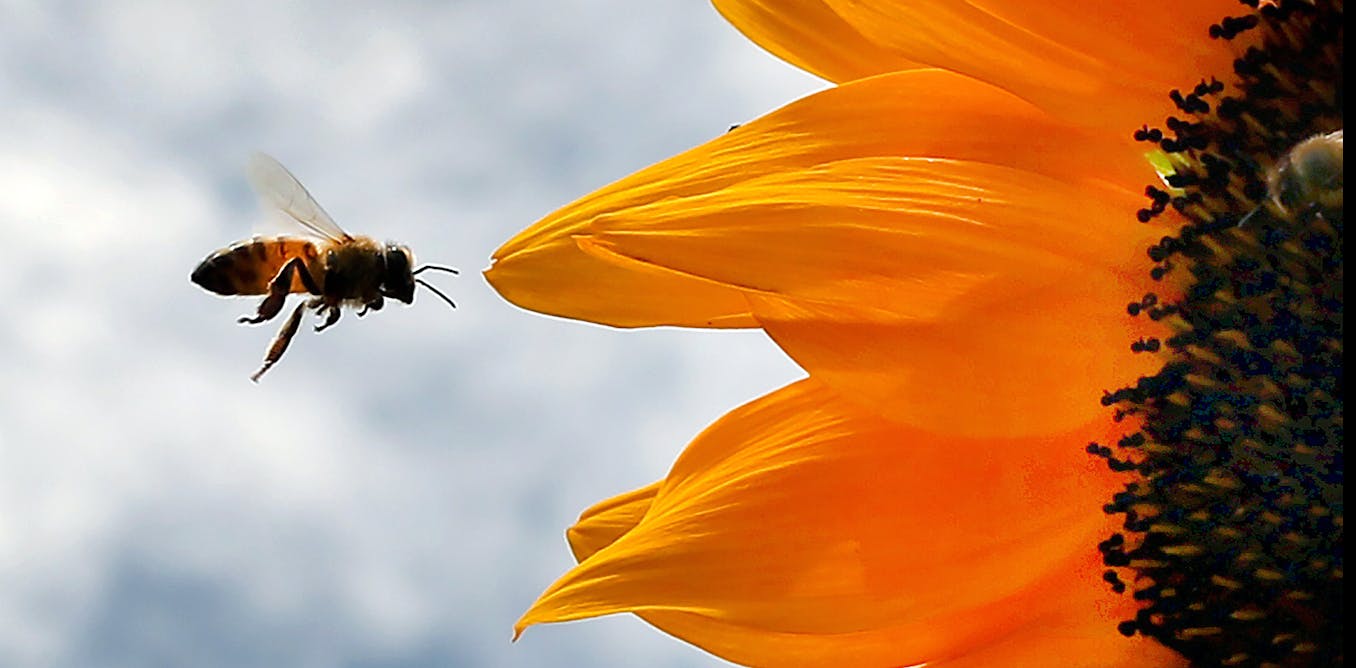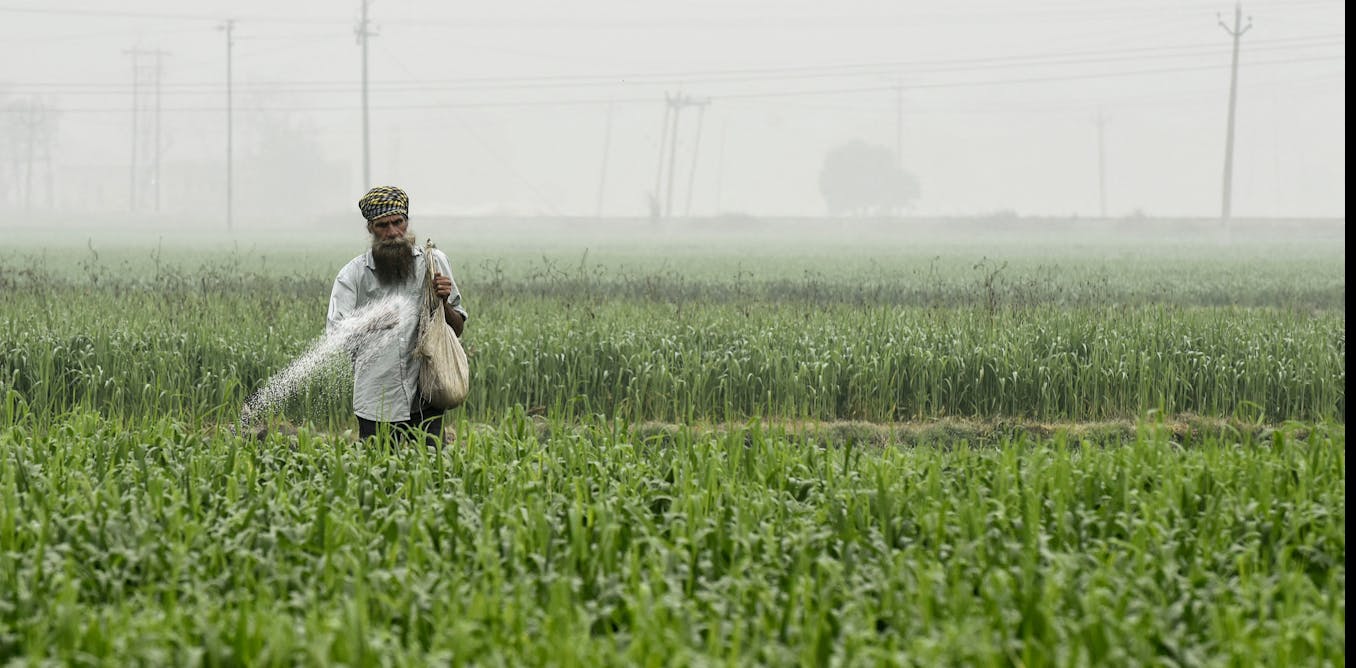Pet flea and tick treatments contain pesticides that end up washing into the environment - here’s how
Pesticides present in pet flea and tick treatments pose a risk to human health and the environment - but monthly application as a preventative measure isn’t essential.
April 8, 2024 • ~7 min


